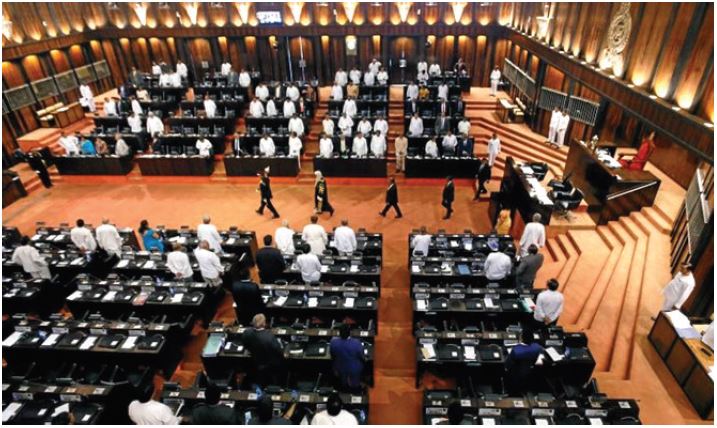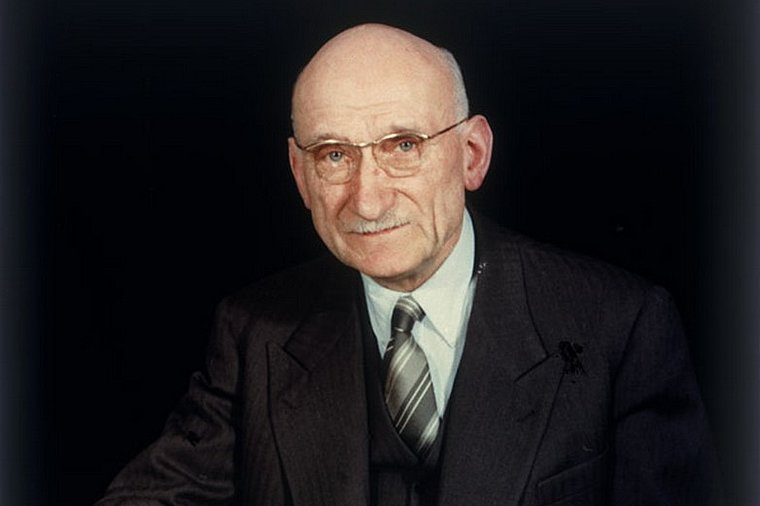The historical passage we are going through is described, on the political level, by a lexicon dominated by the binomial sovereignty/populism, with which we try to mean a radical change in the balances and dynamics with which we build the political decision, especially within democratic and liberal institutional systems. However, this semantic choice, which takes as its qualifying trait the emphasis placed on the absolute primacy of the interest of the sovereign people, resorts to concepts that now belong to the history of the previous century and that are not able to fully restore the radicality of a historical change in which we are directly involved.
Under the extremely thin surface of these expressions there is in fact a magmatic movement in which the concepts of democracy, freedom and justice that marked the twentieth century are called into question, right down to their roots. The terrain of politics, which today shows tensions and conflicts, is the precipitate of all this: that is, it represents the outcome of a fault that has been created and expanded essentially on the ground of culture and that therefore requires to be taken into account with the tools of culture.
And like all human and historical realities, this change of epoch also hides risks and opportunities that a theological reading is able to highlight. The effort to make the Word of God question even this season of “crisis” of political cultures and politics itself, hides the potential of hope not yet grasped and completely unexpressed. It is a commitment that requires a deep spiritual and theological maturity and at the same time an openness to the world and to history in the name of an intellectual mercy rooted in the conviction that every fragment of human history is the recipient of the proclamation of the Gospel. For ecclesial realities like the Meic that have their proprium in the apostolate of culture, there is here the awareness of an urgency to which they must respond: to go, in our time, to the roots of a wise reading of politics and to restore to culture that public function as an instrument to give politics a profound sense of history and humanity.
Original in italian





Leave A Comment
You must be logged in to post a comment.